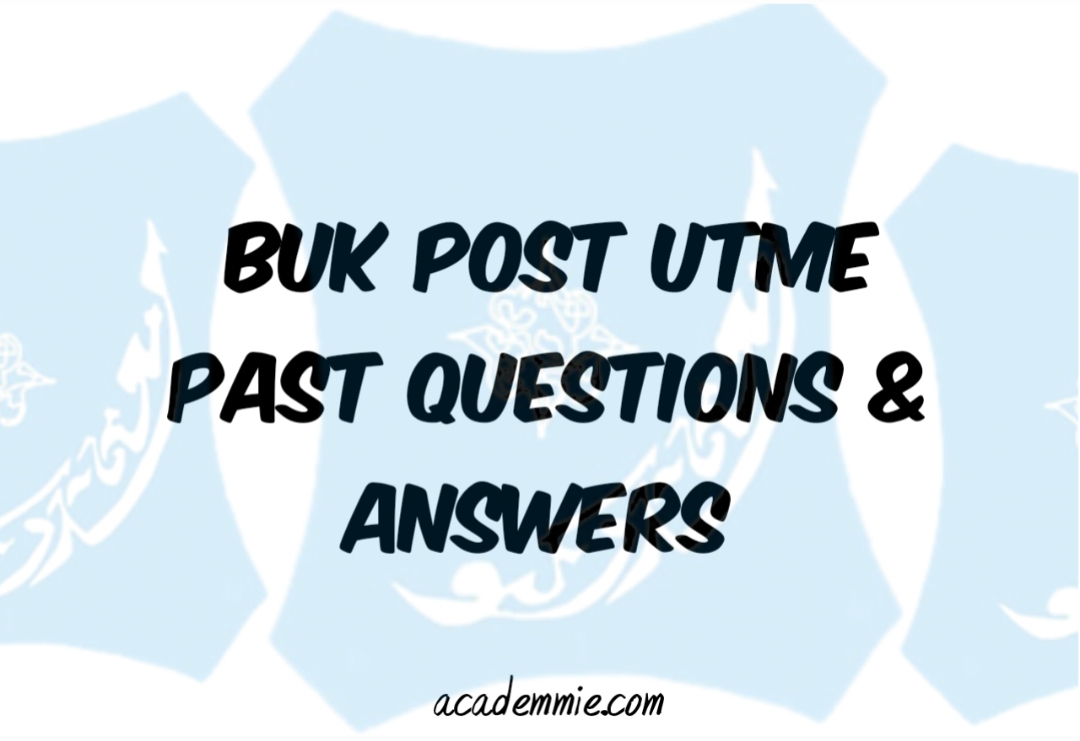Islamic Studies is an academic field of study that teaches about the religious, cultural, and historical aspects of Islam. If you are a students planning to take the WAEC exams, it is very important to understand the subject combinations available for Islamic Studies.
People Also Ask
Below are the questions student like you commonly ask on Google Search about about WAEC subject combinations for islamic studies and we are going to answers each of these question at the end of these post.
- Can I study Islamic Studies without taking Arabic as an elective subject?
- What are the career opportunities for Islamic Studies graduates?
- Is Mathematics essential for Islamic Studies?
- Can I specialize in a specific area within Islamic Studies during higher education?
- What are the benefits of studying Literature in English alongside Islamic Studies?
In this post, I will guide you on how to know the WAEC subject combinations for Islamic Studies and equally tell you their importance and offering valuable tips for selecting the right combination with the people also ask question above.
Importance of WAEC Subject Combinations for Islamic Studies
WAEC subject combinations for Islamic Studies is very important for students willing to expand their knowledge of Islam and its teachings. Let’s explore the reasons why these subject combinations are important:
- Comprehensive Understanding: Knowing the correct subject combinations makes you know more about education in Islamic Studies, which can make you acquire a comprehensive understanding about the subject matter.
- Academic Success: Choosing the right subject combinations allows you as a student to focus on areas that links with your interests and strengths, thereby boosting your performance in WAEC exams.
- Career Opportunities: WAEC subject combinations for Islamic Studies open up different career paths in academia, research, counseling, religious leadership, and social work, among others.
Understanding WAEC Subject Combinations
WAEC subject combinations for Islamic Studies are made up of important subjects and elective subjects. The important subjects are compulsory, while elective subjects provide you with the flexibility to explore related areas of interest.
Compulsory Subjects
- Islamic Studies
- English Language
- Mathematics
Elective Subjects
- History
- Literature in English
- Government
- Civic Education
- Economics
- Any other Art subject.
Choosing the Right Combination
Choosing the correct WAEC subject combination for Islamic Studies needs to be carefully observed and it should be your personal interest and also be the requirements of the higher institutions you wish to apply for, Here are few tips to assist you through your selection process:
- Identify Your Interests: Focus on your passions and areas of interest within Islamic Studies related subjects in other for you to choose subjects that align with your personal interests.
- Research Career Paths: Check different career options related to Islamic Studies and know the subjects that can best support your chosen career path.
- Check University Requirements: If you plan to go for higher education, check the subject requirements of the universities or institutions offering courses in Islamic Studies to ensure you meet their requirements.
Career Paths in Islamic Studies
Opting for the right WAEC subject combinations for Islamic Studies can lead to various rewarding career paths, including:
- Islamic Education: Teaching Islamic Studies in schools, madrasahs, or Islamic educational institutions.
- Islamic Counseling: Providing guidance and counseling services within the Islamic community.
- Research and Academia: Pursuing research or teaching positions in universities or research institutions.
- Religious Leadership: Becoming an imam or a religious leader within a state or Islamic center.
Conclusion
In conclusion, WAEC subject combinations for Islamic Studies play a vital role in shaping your understanding as an Islamic student. By selecting the right combination of important and elective subjects, you can widen your knowledge and increase your academic performance, and equally unlock different opportunities within the field of Islamic Studies.
FAQs
1. Can I study Islamic Studies without taking Arabic as an elective subject?
Yes, it is possible to study Islamic Studies without taking Arabic as an elective subject. But, studying Arabic can significantly increase your understanding of Islamic texts and provide a deeper insight into the language of the Quran.
2. What are the career opportunities for Islamic Studies graduates?
Islamic Studies graduates can pursue careers in education, counseling, research, religious leadership, social work, journalism, and interfaith dialogue.
3. Is Mathematics essential for Islamic Studies?
While Mathematics is not directly related to Islamic Studies, it develops analytical skills that can be useful in studying the subject. It is recommended to include Mathematics as a core subject.
4. Can I specialize in a specific area within Islamic Studies during higher education?
Yes, higher education programs often offer specializations within Islamic Studies, such as Quranic studies, Hadith studies, Islamic law, Islamic theology, or Islamic history.
5. What are the benefits of studying Literature in English alongside Islamic Studies?
Studying Literature in English enhances critical thinking, interpretation, and communication skills, which are valuable when analyzing Islamic literature and poetry written in English.



